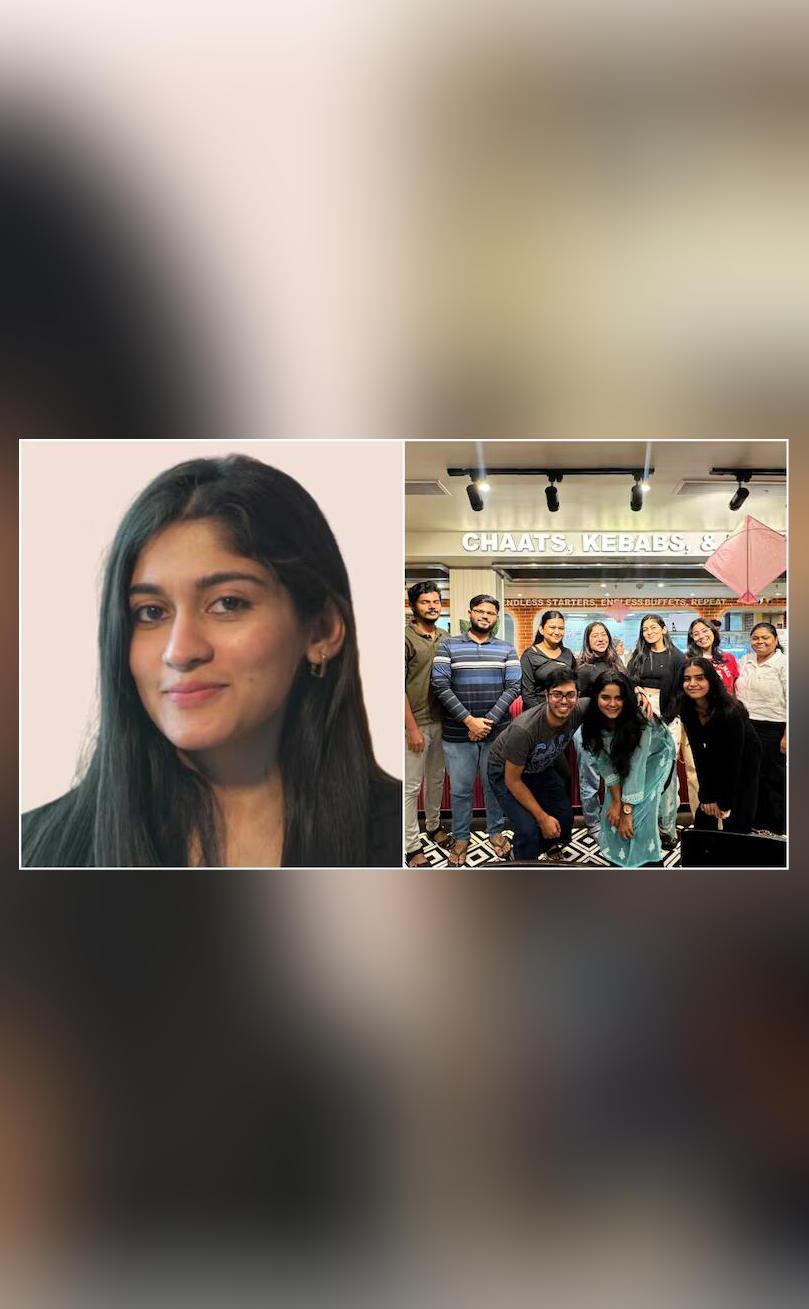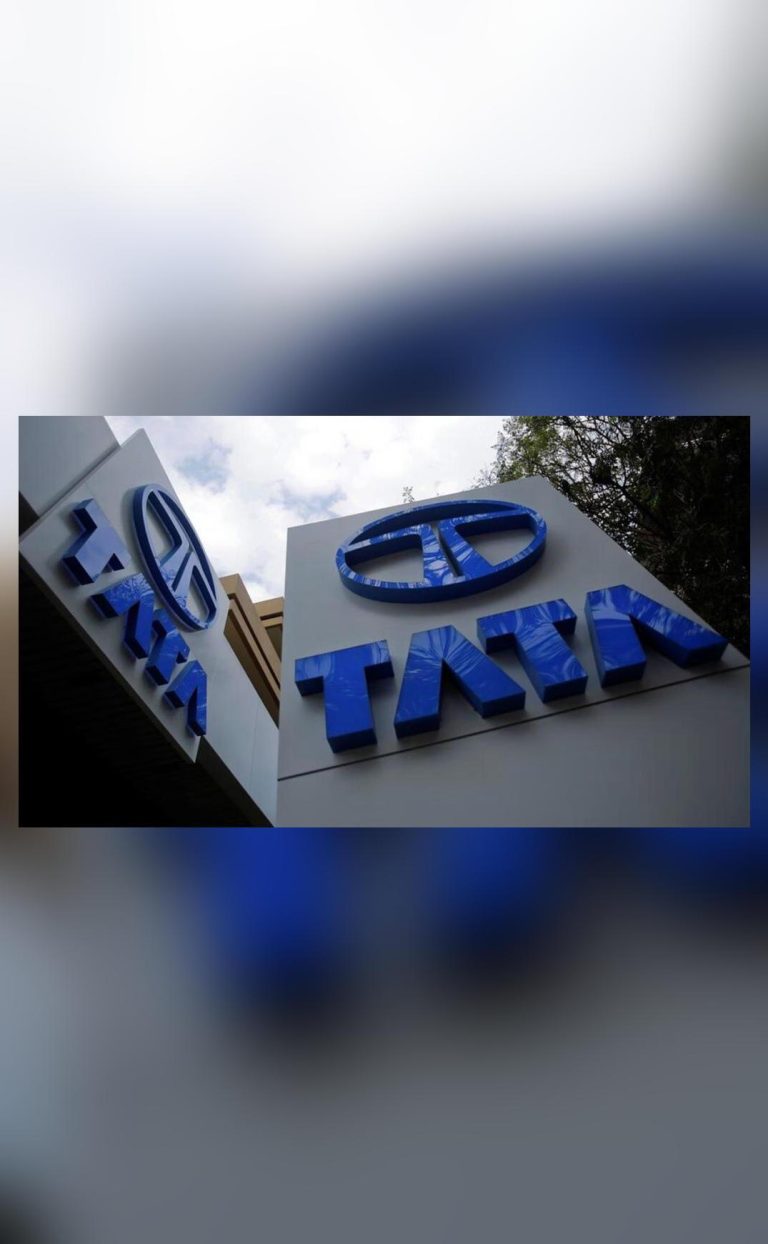
I’ve Failed if My Team Doesn’t Pursue Side Hustles: Mumbai Startups’ Founder
In today’s fast-paced and competitive startup ecosystem, it’s not uncommon for entrepreneurs to focus solely on their primary business. However, Vedika Bhaia, the founder of The Growth Square and Social Capital, a Mumbai-based startup, takes a different approach. She not only supports but also encourages her employees to pursue side hustles, even if it means watching them outgrow her firms someday.
Bhaia’s philosophy is simple yet profound: “I’ve failed as a founder if my team isn’t building their personal brand.” She believes that side hustles not only bring in extra income but also help to prevent burnout, foster creativity, and ultimately, drive personal and professional growth.
The concept of side hustles is not new, but its significance has increased significantly in recent years. With the rise of the gig economy and the proliferation of online platforms, it’s easier than ever for individuals to monetize their skills and passions outside of their primary job. However, not all entrepreneurs share Bhaia’s enthusiasm for side hustles.
Some might argue that side hustles can be a distraction from the primary business, leading to decreased productivity and focus. Others might worry that side hustles could lead to conflicts of interest or competition with the primary business. However, Bhaia believes that these concerns are largely unfounded.
“I think people are afraid of side hustles because they’re worried about the risk of losing their employees,” Bhaia said in an interview. “But I believe that if my team is growing and building their personal brand, it’s a sign of success, not failure.”
Bhaia’s approach to side hustles is not limited to simply encouraging her employees to pursue them. She actively supports and resources her team members in their side hustles, providing them with access to funding, mentorship, and networking opportunities.
“We’ve had employees who have started their own businesses, and we’ve supported them by giving them time off to work on their projects,” Bhaia said. “We’ve also provided them with access to our resources, such as our network and our expertise.”
Bhaia’s philosophy is not unique to her or her companies. Many entrepreneurs and thought leaders in the startup ecosystem share her views on the importance of side hustles. For example, Gary Vaynerchuk, a well-known entrepreneur and author, has long advocated for the importance of side hustles in building personal and professional brands.
“Side hustles are not just a way to make extra money; they’re a way to build your personal brand and create a sense of fulfillment and purpose,” Vaynerchuk said in an interview. “When you’re building a side hustle, you’re not just building a business; you’re building a legacy.”
Bhaia’s approach to side hustles is not limited to her employees or her companies. She believes that side hustles can be a powerful way to drive innovation and growth in the startup ecosystem as a whole.
“I think side hustles can be a way to bring in new ideas and perspectives into the startup ecosystem,” Bhaia said. “When people are working on their side hustles, they’re not just thinking about their primary job; they’re thinking about their passions and their interests. This can lead to innovation and creativity that might not have been possible otherwise.”
In conclusion, Vedika Bhaia’s approach to side hustles is a refreshing departure from the traditional view of side hustles as a distraction or a threat to the primary business. Instead, she sees side hustles as a way to build personal and professional brands, prevent burnout, and drive innovation and growth. As the startup ecosystem continues to evolve and change, Bhaia’s philosophy is likely to become more influential and more widely adopted.






